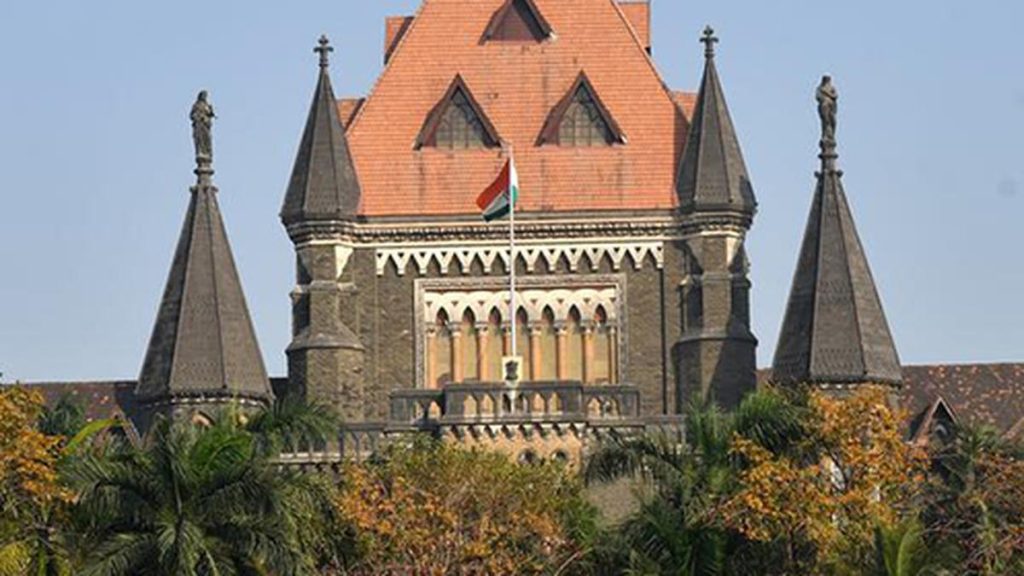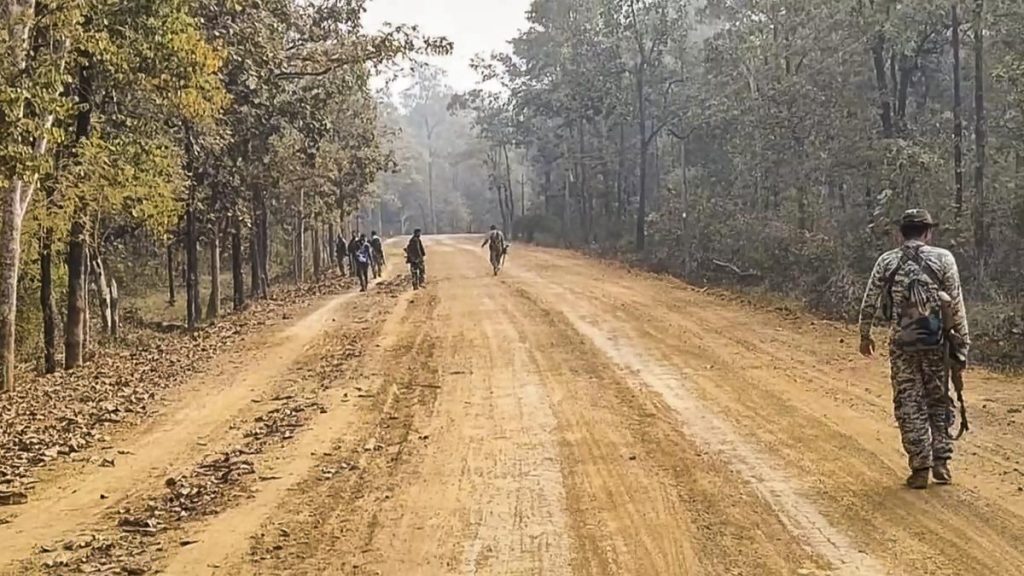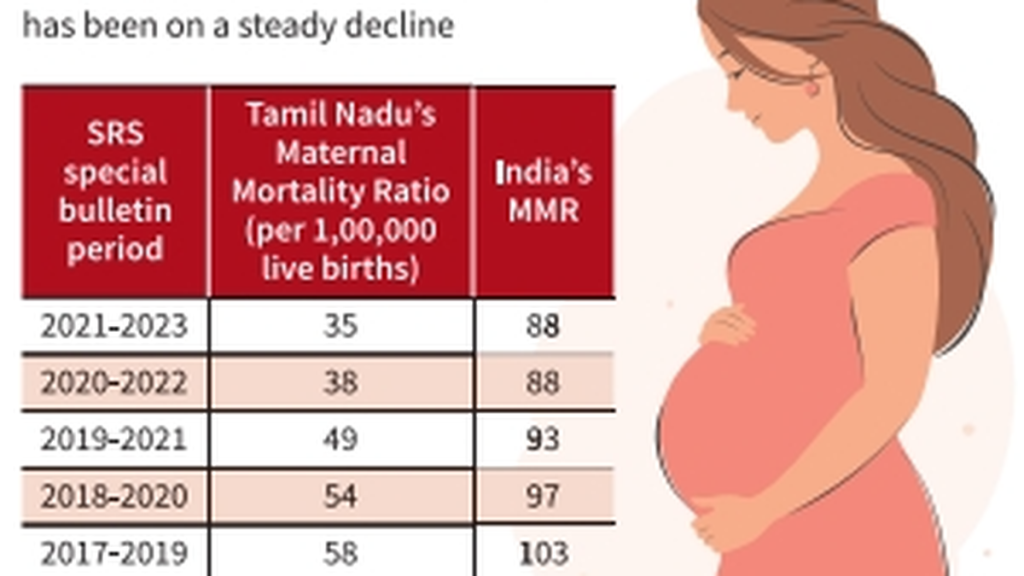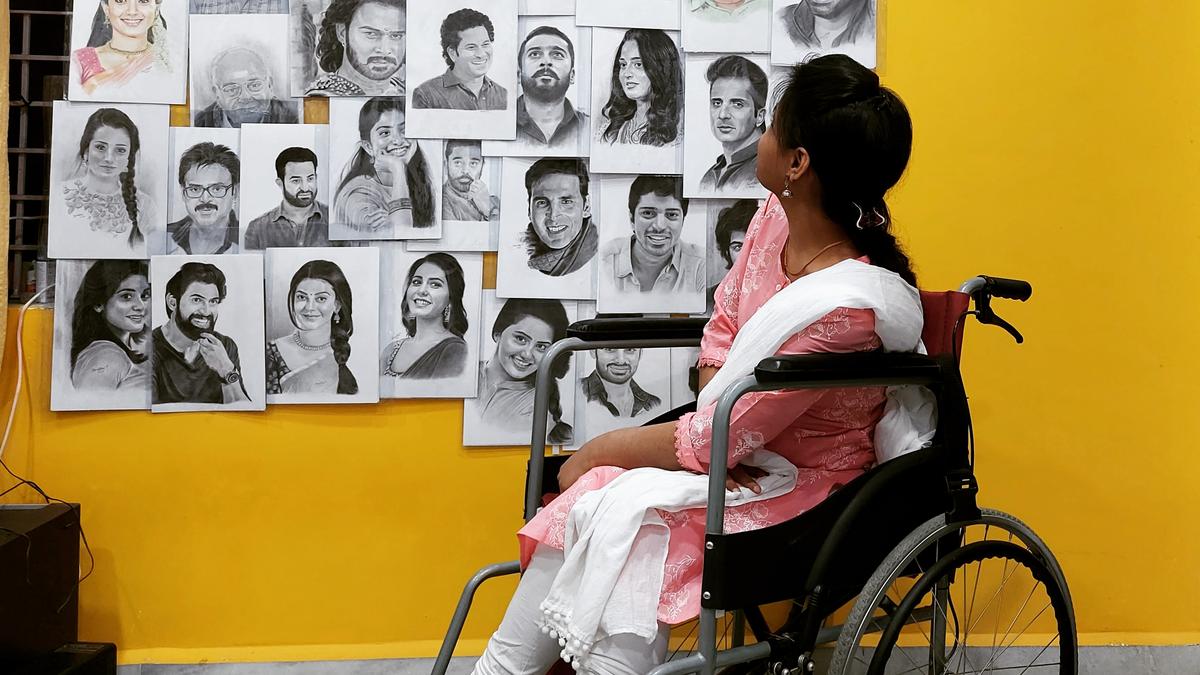Now Reading: Brain-eating amoeba: Kerala reports sixth amoebic meningoencephalitis death in a month
-
01
Brain-eating amoeba: Kerala reports sixth amoebic meningoencephalitis death in a month
Brain-eating amoeba: Kerala reports sixth amoebic meningoencephalitis death in a month
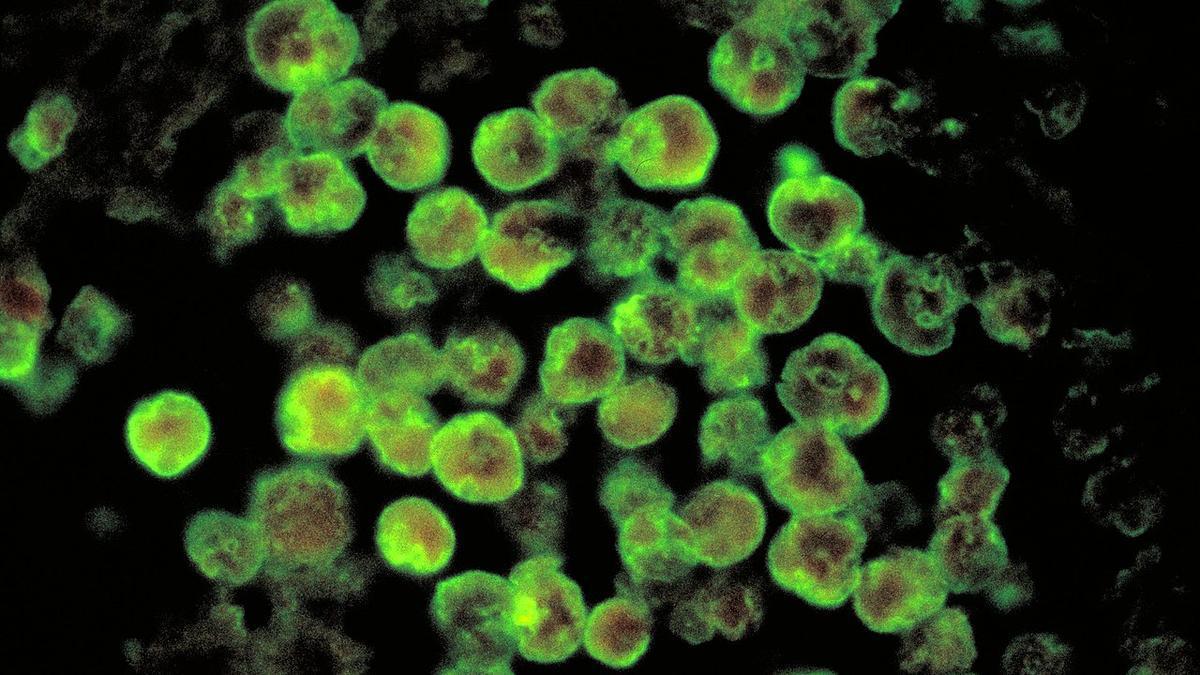
Swift Summary
- Kerala reported the sixth death from amoebic meningoencephalitis in a month on September 11,2025.
- shaji, a 49-year-old resident of Malappuram, succumbed to the disease after undergoing treatment for over a week at government Medical College Hospital (MCH) in Kozhikode.
- The source of the infection remains unclear.
- Currently, nine individuals are receiving treatment at MCH, including another patient diagnosed with the illness on September 10 and being treated at a private hospital in Kozhikode city.
- Fatalities since August 14 include Anaya from Thamarassery (Kozhikode), a three-month-old child from Omassery (Kozhikode), ratheesh from Wayanad, and Shobhana from Wandoor (Malappuram).
- On September 8, two children previously undergoing treatment successfully recovered and were discharged from Kozhikode MCH.
- Amoebic meningoencephalitis is caused by free-living amoebae found in freshwater sources such as lakes and rivers and has become a notable public health concern in Kerala.
Indian Opinion Analysis
The emergence of multiple cases of amoebic meningoencephalitis highlights serious concerns about water quality management and public health infrastructure in Kerala. As this infection is linked to freshwater environments like lakes and rivers, it raises questions regarding contamination levels or gaps in sanitation measures that might expose individuals to pathogenic organisms. The lack of clarity about the infection’s source signals an urgent need for extensive epidemiological research to identify potential risk factors quickly.
While recovery among some patients hints at progressability within healthcare systems when timely intervention occurs, it also underscores how fatal outcomes could rise without preventive strategies or awareness campaigns targeting communities reliant on untreated water sources.The recurrence impacting vulnerabilities reiterates wider state’s consistent Welfare


